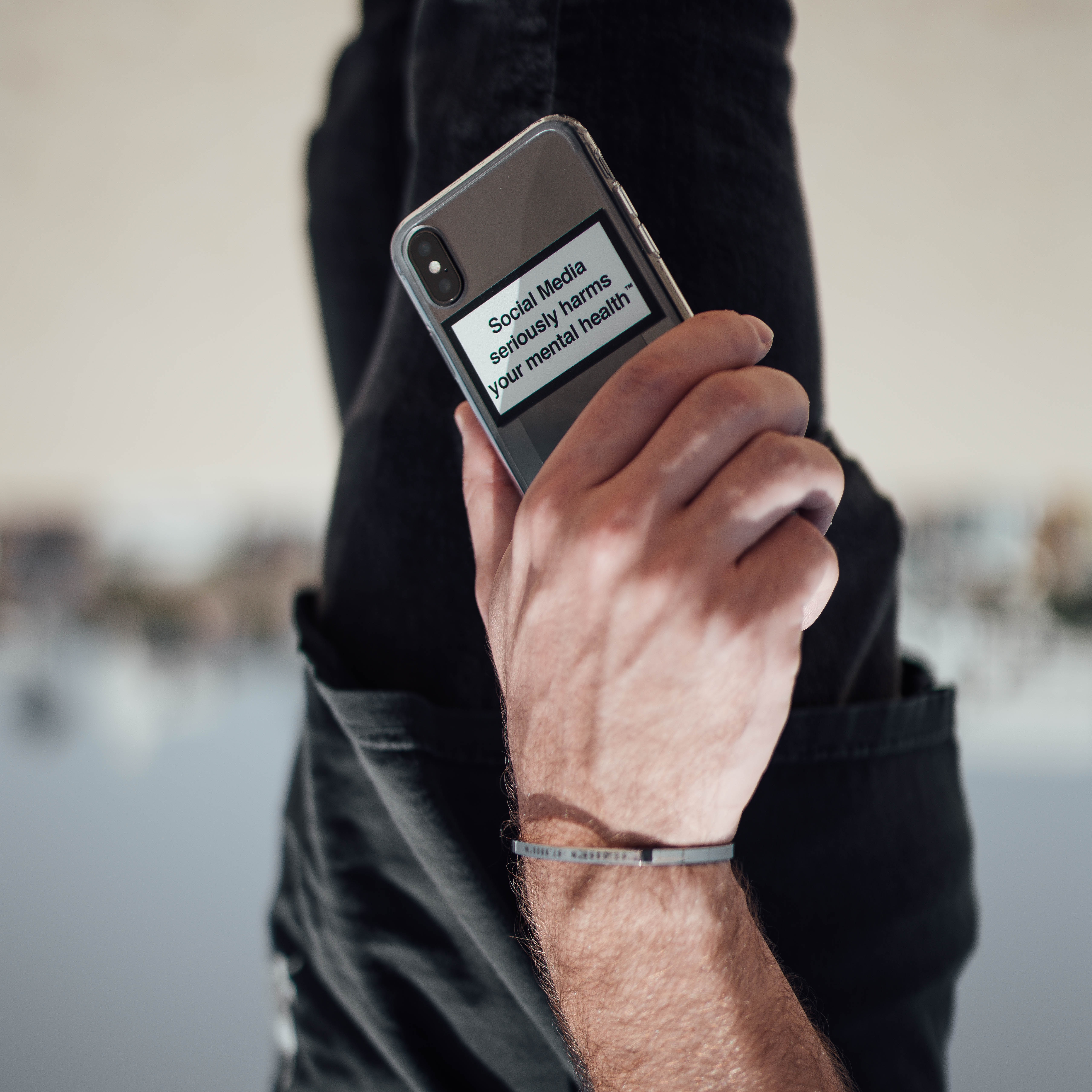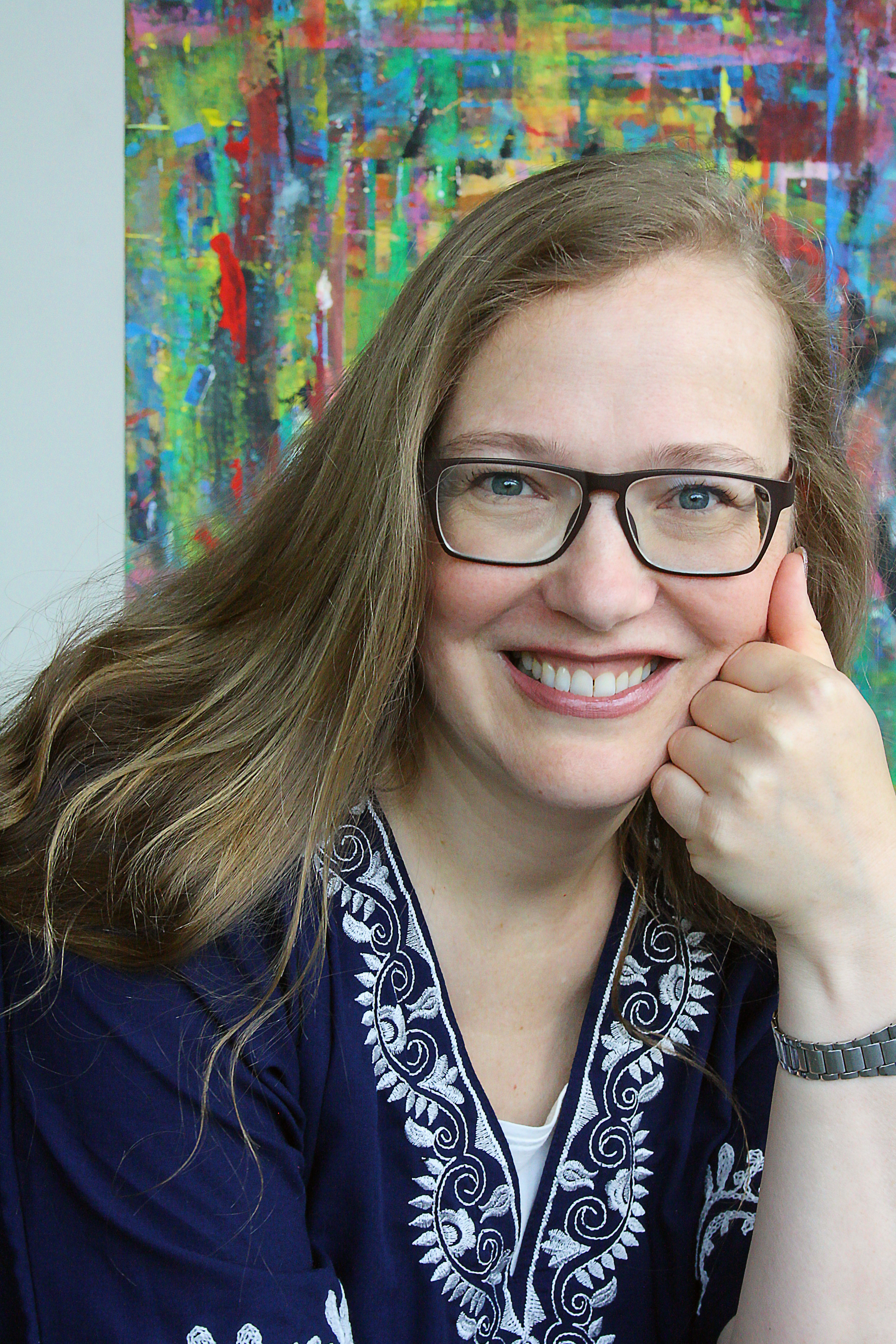
Mental Health: Depression and social media detox in a self-experiment
I spend hours on my smartphone, I have withdrawn from my family. I am not well at all. For three weeks now, I have been in a depressive phase as part of my bipolar disorder. A suspicion is germinating in me: Can excessive mobile phone use and depression be related? Could excessive social media use even promote depression? Since I already have the smartphone in my hand anyway, I might as well start researching. And yes: my suspicions are confirmed. There is a connection. Depression can occur in the context of a social media addiction or be intensified by it. (1)
Definition of social media addiction
But at what point does one actually speak of a social media addiction? According to youth psychiatrist Rainer Thomasius (2), three criteria must apply to speak of a pronounced social media addiction:
Loss of control over the time of use. Affected persons develop a very strong urge to constantly occupy themselves with social media.
Leisure time, school, training/studies, work and other activities are very much neglected.
Increasing prioritisation of social media over the other contents of life.
Too much social media and mental health: not a healthy combination
I am not alone in our society with my excessive mobile phone use. But it puts a strain on my mental health, I feel it clearly - and many people feel the same way. That's why I decided to dedicate this article to the topic and also start a digital detox cure.
App to control mobile phone use
For five years now, I have installed a free app for self-monitoring my mobile phone use. And I do indeed check my daily data every evening before I go to bed. But this confrontation alone has not been enough to lead to a change in my behaviour. It is not possible for me to become less "attached" to my mobile phone just by rationally realising that spending so much time on social media is harming me and possibly exacerbating my depression. So what do I do? First, I analyse the usage data of the last 14 days in more detail. I discovered that Facebook and Instagram, especially the maintenance of my account, are my biggest stressors. 21 hours of Instagram in 14 days ...
How is too much social media damaging my mental health?
I can observe the following effects on my mental health:
I often get distracted by the mobile phone.
My concentration span is clearly reduced.
Inner nervousness: I check my smartphone in between to see if anything has happened.
Real quality time (reading a book, going for a walk, daydreaming, etc.) happens less and less often.
Because of excessive mobile phone use, I often go to bed too late, which has a counterproductive effect on my chronic difficulty falling asleep.
Sometimes I find it extremely difficult to switch off the mobile phone in the evening (for me THE signal that an addiction is present or that I am on the verge of it).
Deciding on my social media detox cure
It was a painful realisation to admit to myself that my mobile phone use is too excessive and that I might even be a social media addict. But it made me realise: I no longer want to be controlled by an electronic device. With my intensive mobile phone use, especially Instagram, I am damaging my inner balance, my emotional well-being and thus my mental health.
Define new framework conditions for mobile phone use
And so I decide to do the Digital Detox right when I lie in bed at night. From now on, I have a new framework for my mobile phone and social media use, which I define as follows:
When I go to a restaurant, to the cinema or for a walk, the smartphone stays at home.
I activate the so-called "wellness function" of my mobile phone and define 4:30h as the maximum daily usage time - for me already a clear improvement compared to around 8 h (cough...) before.
Push notifications (except WhatsApp) are turned off.
For Instagram and Facebook, I set a maximum duration of 45 minutes, after which the apps are blocked for the rest of the day.
I also set a bedtime from 8 pm to 10 am via the wellness function. Meanwhile, the screen looks very grey and tired, which shows me that I don't really want/shouldn't be using it.
And what happened next?
How the social media detox experiment will continue, whether withdrawal symptoms might arise and how the detox cure will affect her mental health - you can read all about it in Nora Hille's latest column at femalExperts.com 👉 https://femalexperts.com/social-media-mental-health-digital-detox-im-selbstversuch
Quellen:
1 https://hellobetter.de/blog/social-media-depressionen/ (Zugriff: 20.10.2023)
2 RTL News vom 6. Februar 2020 um 12:07 Uhr. „Erste Anzeichen und was Sie dagegen tun können. Woran erkenne ich, ob ich süchtig nach Social Media bin?“ Verfügbar unter: https://www.rtl.de/cms/woran-erkenne-ich-ob-ich-suechtig-nach-social-media-bin-4482399.html (Zugriff: 20.10.2023).

About the author
Nora Hille, born 1975, married, two children. Studied history, literature and media studies. 12 years working in the field of communication/PR. Retired for health reasons. Writes as an affected person and experience expert on the topics of mental health and mental illness. Is committed to anti-stigma work, i.e. against the stigmatisation (exclusion) of mentally ill people in our society for more togetherness, tolerance and equality. She also writes literary essays, poems and short prose.
